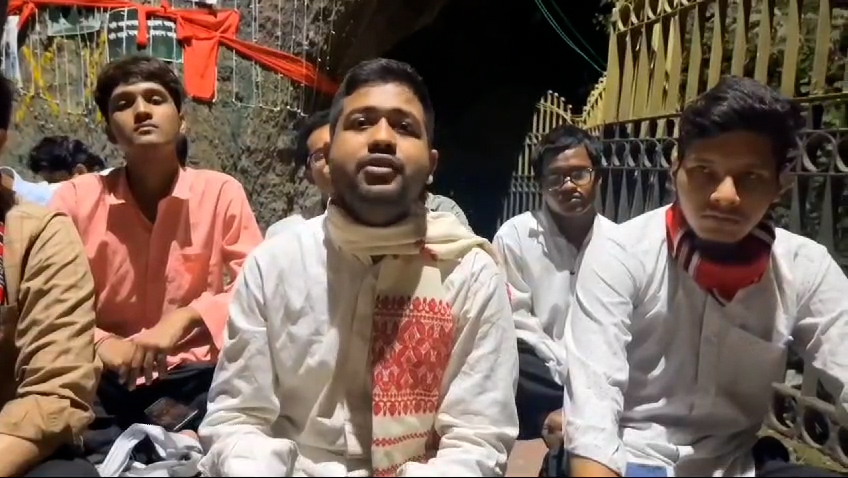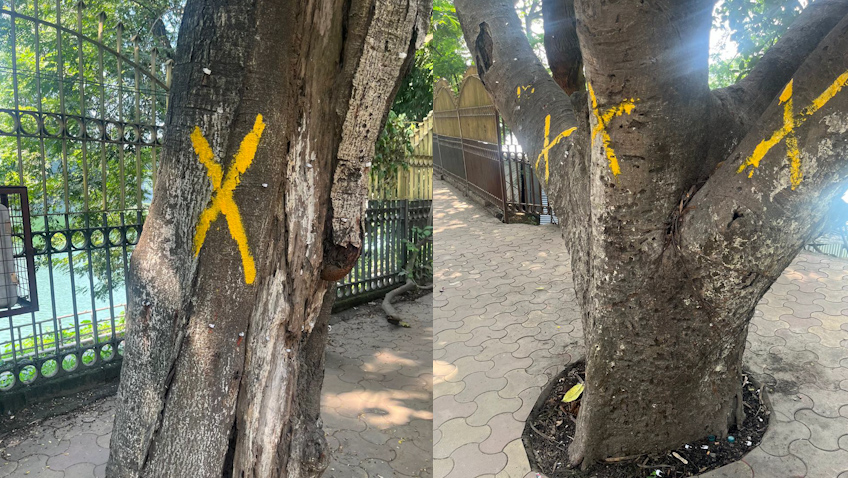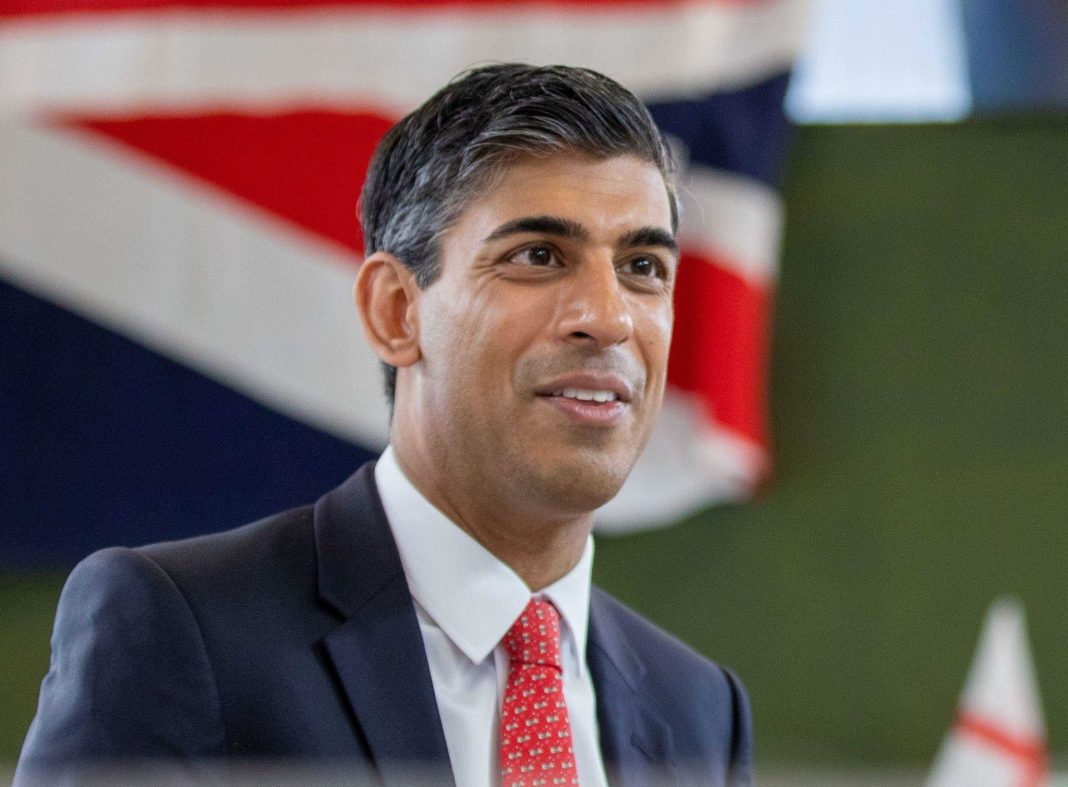Guwahati, Oct 30: Responding to widespread public concern and a major relief to environmentalists and concerned residents, Assam Chief Minister Dr. Himanta Biswa Sarma today announced a reconsideration of the plan to fell 21 iconic trees in Guwahati for a new flyover project.
These trees, some of which are centuries old, were scheduled for removal as part of the Dighalupukhuri to Noonmati flyover construction, sparking widespread concern about the impact on Guwahati’s urban environment.
“I want to assure you that the government is deeply committed to preserving our city’s heritage and environment while advancing infrastructure,” said Dr. Sarma. “In constructing the flyovers from Dighalupukhuri to Noonmati, we are sincerely working to protect the old trees in the area. I urge all stakeholders to allow the Public Works Department a few days to explore an alternative proposal and assess its feasibility.”
Following Assam Chief Minister’s instruction, State Chief Secretary Dr. Ravi Kota chaired a meeting with senior officials of PWD (Roads) to discuss possible alternatives for the upcoming GNB flyover in order to avoid West & East Dighalipukhuri Road.
Instructions have been issued to prepare a draft traffic flow to ensure the flyover ends on GNB road itself or any other alternative road to avoid cutting of heritage trees in Dighalipukhuri area.
The PWD team will submit their report within a week with proposed modalities.
The state government’s plan to fell trees at Dighalipukhuri had come in for huge criticism from various quarters at a protest meeting held on October 29 at the place.
The community of trees at Dighalipukhuri not only provides shade and natural beauty but is also a critical support for local biodiversity, with countless bird species, bats, and insects dependent on their branches and leaves.

Experts say these trees serve as essential green lungs, capturing carbon dioxide, preventing soil erosion, and conserving water in the soil. One Rain Tree (Samanea saman), with its expansive canopy, serves as a natural air conditioner for its surroundings, cooling and humidifying the atmosphere, especially during the sweltering summer months.
“These trees are the nesting/roosting sites of thousands of birds,” a scientist said.
Environmentalists have underscored that these trees contribute significantly to Guwahati’s ecological health, reducing air pollution, curbing soil erosion, and even supporting the city’s spiritual heritage. They argue that the removal of these mature trees would disrupt the local microclimate and affect air quality, issues the city cannot afford to overlook.
With the Chief Minister’s reconsideration, Guwahati’s residents and environmental advocates are hopeful that a solution that harmonizes urban development with ecological preservation is within reach.




